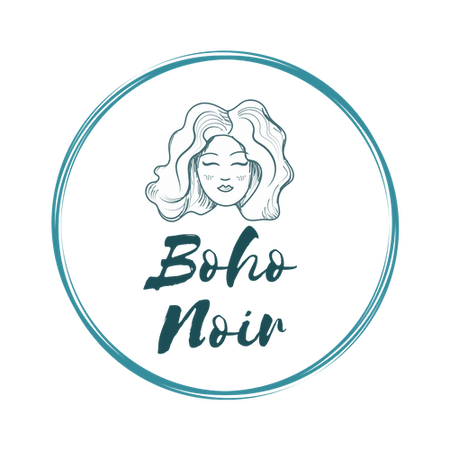Journaling has been a therapeutic tool for centuries, and for a good reason. It is an excellent way to get in touch with your emotions, understand your thoughts and feelings, and reflect on your life experiences. In recent years, journaling has become increasingly popular as a self-care practice. In this blog post, we will explore why journaling is essential for self-care and how to get started.

Why is Journaling Important for Self-Care?
Journaling is a way to prioritize your mental and emotional health. When you take the time to reflect on your thoughts and feelings, you gain a deeper understanding of yourself. You can identify patterns, triggers, and areas where you need to focus your attention. This self-awareness can help you make better decisions, set healthy boundaries, and improve your relationships.
Journaling is also a way to reduce stress and anxiety. Writing down your worries and fears can help you release them from your mind. It can be a cathartic experience to get your thoughts and feelings out of your head and onto paper. This can help you feel more in control and less overwhelmed.
Journaling can also be a form of self-expression. It can be a space where you can be completely honest with yourself without fear of judgment. You can explore your creativity, jot down your ideas, and brainstorm solutions to problems.

How to Get Started with Journaling
If you've never journaled before, it can be intimidating to start. Here are some tips to help you get started:
-
Set aside a specific time each day to journal. It can be helpful to make journaling a part of your routine, such as before bed or first thing in the morning.
-
Find a quiet and comfortable space to write. You may prefer a quiet room or a spot in nature. Whatever works best for you, create an environment where you can focus and feel at ease.
-
Choose a journal that speaks to you. There are many different types of journals available, from lined paper to blank pages. Find one that you feel drawn to and that will motivate you to write.
-
Start with a prompt or question. Sometimes it can be helpful to have a starting point. You can find prompts online or come up with your own. Some examples include "What am I grateful for today?" or "What was the best part of my day?"
-
Write freely without judgment. This is a space for you to be honest with yourself without fear of judgment. Don't worry about spelling, grammar, or punctuation. Just write from the heart.
-
Review your journal periodically. Set aside time to review your entries and reflect on what you've written. This can help you identify patterns and areas where you may need to focus more attention.

In conclusion, journaling is an excellent self-care practice that can help you gain self-awareness, reduce stress and anxiety, and express yourself creatively. With a little time and commitment, journaling can become a valuable tool for improving your mental and emotional well-being. So, grab a pen and paper and start journaling today!

